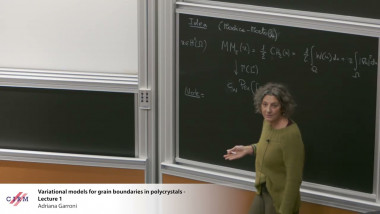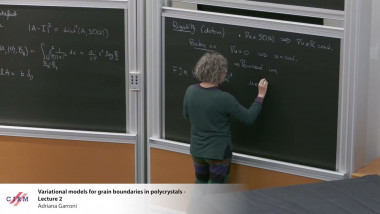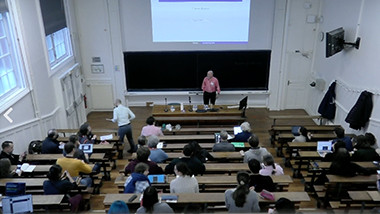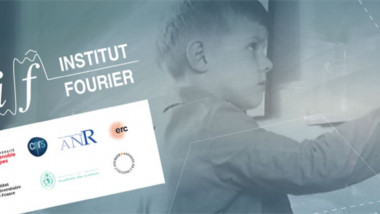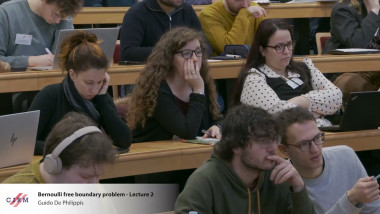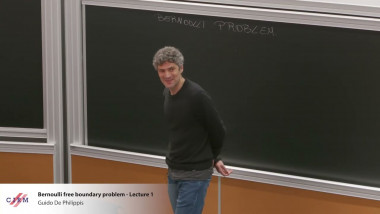Apparaît dans les collections : Dynamics of evolution equations / Systèmes dynamiques et problèmes d'évolution, Exposés de recherche
We consider parabolic equations of the form $u_t = u_{xx} + f (u)$ on the real line. Unlike their counterparts on bounded intervals, these equations admit bounded solutions whose large-time dynamics is not governed by steady states. Even with respect to the locally uniform convergence, the solutions may not be quasiconvergent, that is, their omega-limit sets may contain nonstationary solutions.
We will start this lecture series by exhibiting several examples of non-quasiconvergent solutions, discussing also some entire solutions appearing in their omega-limit sets. Minimal assumptions on the nonlinearity are needed in the examples, which shows that non-quasiconvergent solutions occur very frequently in this type of equations. Our next goal will be to identify specific classes of initial data that lead to quasiconvergent solutions. These include localized initial data (joint work with Hiroshi Matano) and front-like initial data. Finally, in the last part of these lectures, we take a more global look at the solutions with such initial data. Employing propagating terraces, or stacked families of traveling fronts, we describe their entire spatial profile at large times.
